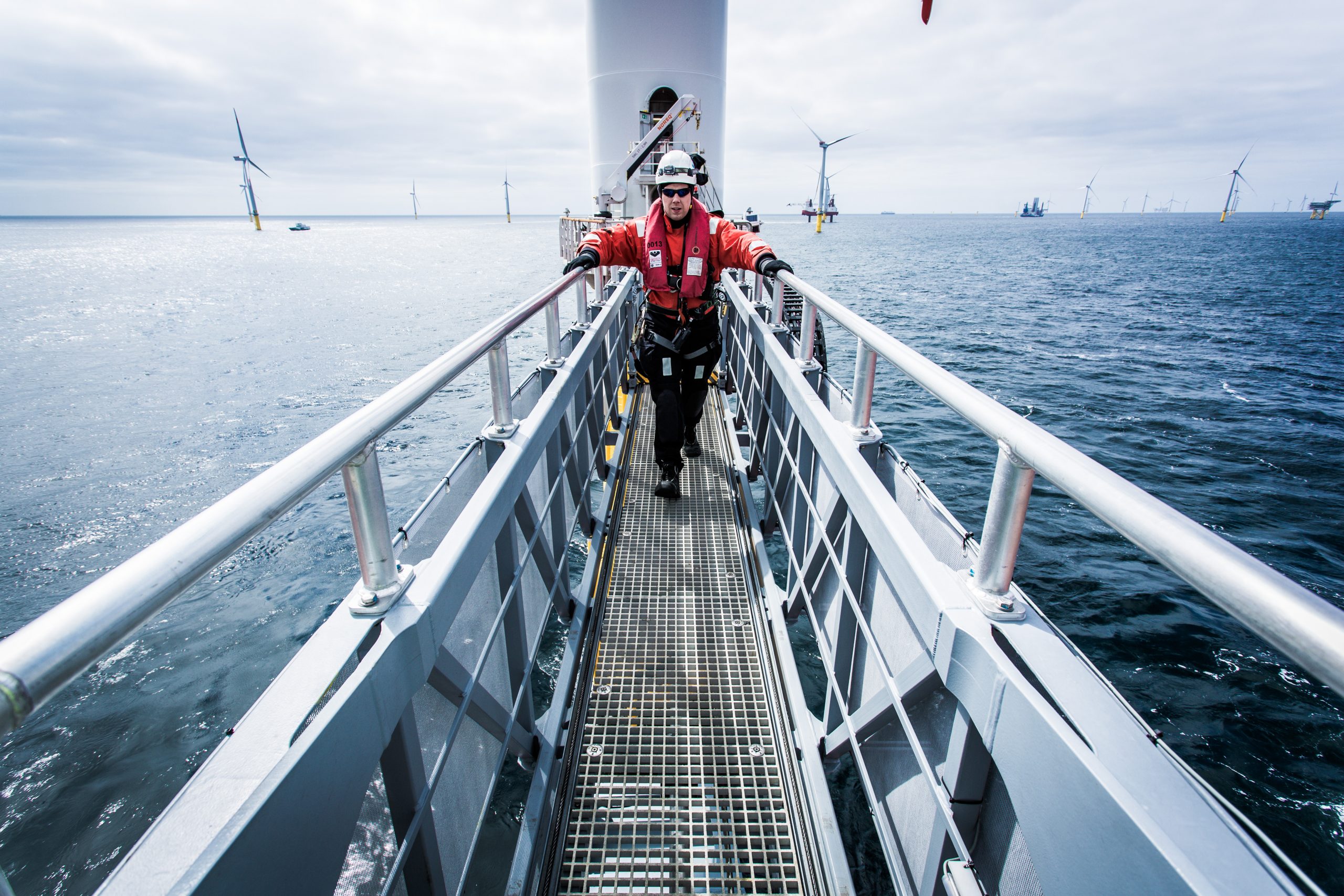DuPont Sustainable Solutions (DSS) has begun working with Siemens Gamesa’s Offshore business unit on training the organization of approximately 6,000 employees in developing greater risk awareness to improve safety.

Service operation vessel for offshore wind power plants around Borkum Riffgrund in the German North Sea
Having worked with DSS previously within their Onshore business unit, the company chose to work with DSS due to the strong competency and reputation in risk and safety management. The two companies have partnered to implement DuPont Risk Factor training across the organization, as well as group leadership coaching for the senior and middle management staff, and a number of Safety in Engineering Design workshops. As the work was designed to be delivered remotely leveraging digital technologies, the project is currently ongoing with no interruptions because of Covid-19.
Siemens Gamesa is the global market leader in offshore wind power industry, with employees and installations in all main and developing markets. The company’s activities encompass all aspects of the value chain, including innovation, development, manufacturing, installation, and service, to name a few. In both manufacturing, installation, and operation & maintenance, many of the employees work in small groups or on their own, strengthening awareness of risks critical to their safety.
The Siemens Gamesa LeadSafe project, as the activities are collectively known, kicked off with a pilot project at the end of 2019 after an initial assessment of the organization’s safety culture by DSS to customize training.
The project involves most of the staff working at the company’s manufacturing sites, offices, pre-assembly locations and installation personnel, and will also encompass bespoke workshops for 200 engineers aimed at improving safety in the engineering process.
Given the importance of protecting its people, Siemens Gamesa has decided to continue implementation of the project during the COVID-19 pandemic, with much of the work being delivered virtually.
Additionally, markets in more advanced stages of economic recovery have been prioritized, such as China.


